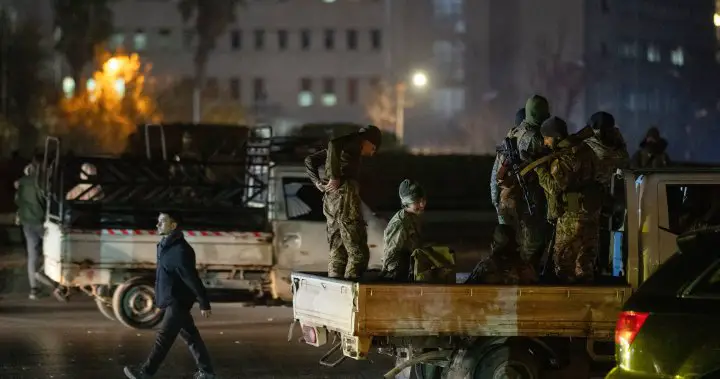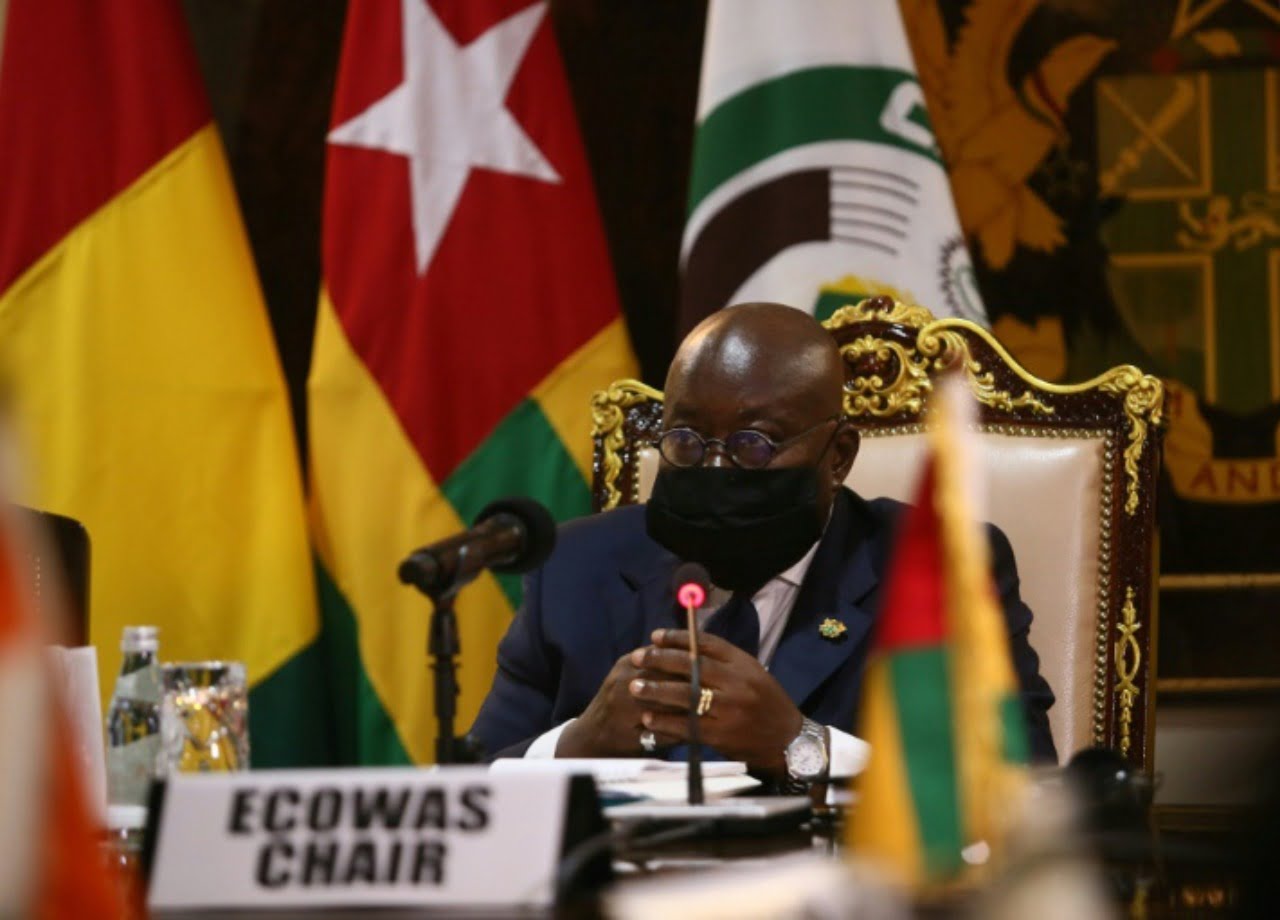
Members of Parliament are questioning why Canadian security officials did not inform them that they had been the target of Beijing-linked hackers, after learning from the FBI that the international parliamentary alliance they are a part of was in the crosshairs of the Chinese cyberattack in 2021.
On Monday, Conservative MP Garnett Genuis kicked off the House of Commons sitting by raising a question of privilege, sounding alarm over what he considered an “unacceptable” failure on the part of the Canadian government to inform parliamentarians that a foreign government had targeted them.
Genuis said that that last week, as first reported by The Globe and Mail, he and fellow Inter-Parliamentary Alliance on China (IPAC) Canadian co-chair Liberal MP John MacKay were informed “about a cyberattack launched against us, and 16 other Canadian parliamentarians, in 2021.”
IPAC is an international cross-party group of legislators “working towards reform on how democratic countries approach China.” It comprises politicians from a range of political parties, and has become, as Genuis put it, “a unique target” of the Chinese Communist Party.
According to Genuis, IPAC learned about the “co-ordinated attack” on the email accounts of IPAC-affiliated legislators through an unsealed U.S. Department of Justice indictment in March.
The indictment said that the People’s Republic of China’s state-backed hacking group, nicknamed “Advanced Persistent Threat 31” or “APT31,” had “sent malicious tracking-link emails to government officials across the world who expressed criticism of the PRC government.”
Based on follow-up done by IPAC, Genuis said, they were told that U.S. intelligence officials with the FBI were prevented from informing legislators from other countries of the targeting, but had issued foreign dissemination requests to every government with impacted political figures in 2022.
“It would have been particularly important for us to be informed, because of the progressive nature of the attack. We could have worked with the appropriate authorities to take steps to protect ourselves and ensure the security and functioning of our parliamentary and personal email accounts,” Genuis said. “But we were not able to, because we were not informed.”
While not all of the Canadian parliamentarians who were targeted have agreed to be named, Genuis said that among the other fellow IPAC members impacted were Conservative MPs James Bezan, Stephanie Kusie and Tom Kmiec, Liberal MP Judy Sgro, and Non-affiliated Sen. Marilou McPhedran.
Thanking her colleague for raising the “very important issue,” Sgro rose after Genuis to say she agreed that not being notified was a “very serious breach” of MPs’ privileges.
Expressing dismay that Canada continues “to be so naïve,” Sgro said that as the voices of Canadians when talking about China, or other countries, parliamentarians “have to be able to speak with the protection that’s required and not have to be concerned about being intimidated, or hacked.”
“I would expect that our government would ensure that we have the necessary information to protect ourselves and to make sure that our systems are protected,” Sgro said. “I think it’s very important that we get some answers here as to why we were not notified, and what’s happening next, and how do we better protect ourselves in the future.”
Genuis is calling for the matter to be referred to a House committee for further study.
The federal New Democrats have signalled they plan to speak more to the issue later.
“The government takes foreign interference very seriously,” said Kevin Lamoureux, parliamentary secretary to the government House leader, noting briefly during debate that it was the first he was hearing of this situation.
House of Commons Speaker Greg Fergus – tasked with making the ruling on whether this matter infringed MP’s rights and protections and what the next steps should be – has committed to getting back to MPs “forthwith.”
This is not the first example of Canadian parliamentarians belatedly learning that Prime Minister Justin Trudeau’s government failed to notify them about being targeted by China, a country that has been at the centre of an ongoing national inquiry into foreign interference in past federal elections.
CTV News has asked CSIS, the RCMP and Public Safety, Democratic Institutions and Intergovernmental Affairs Minister Dominic LeBlanc’s office for comment.







